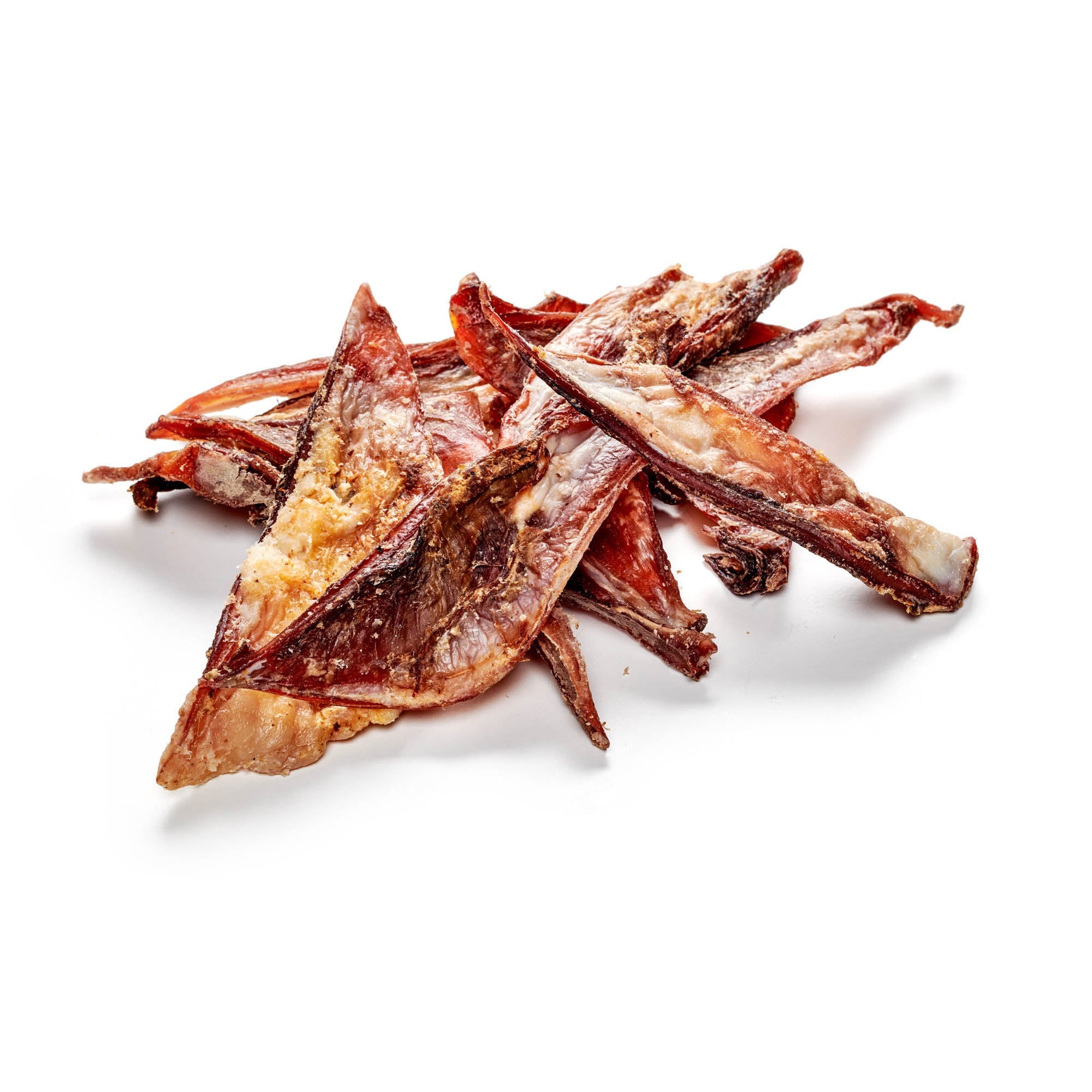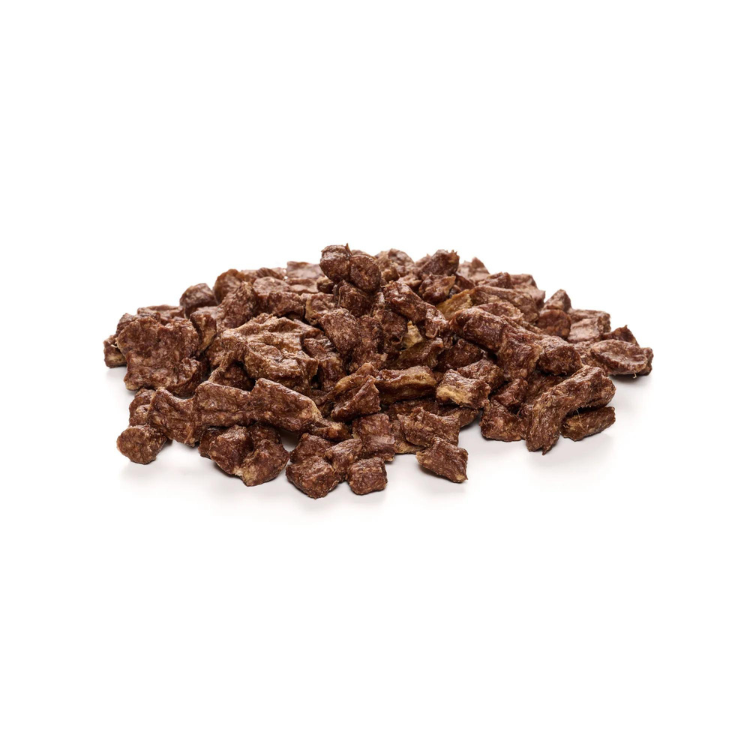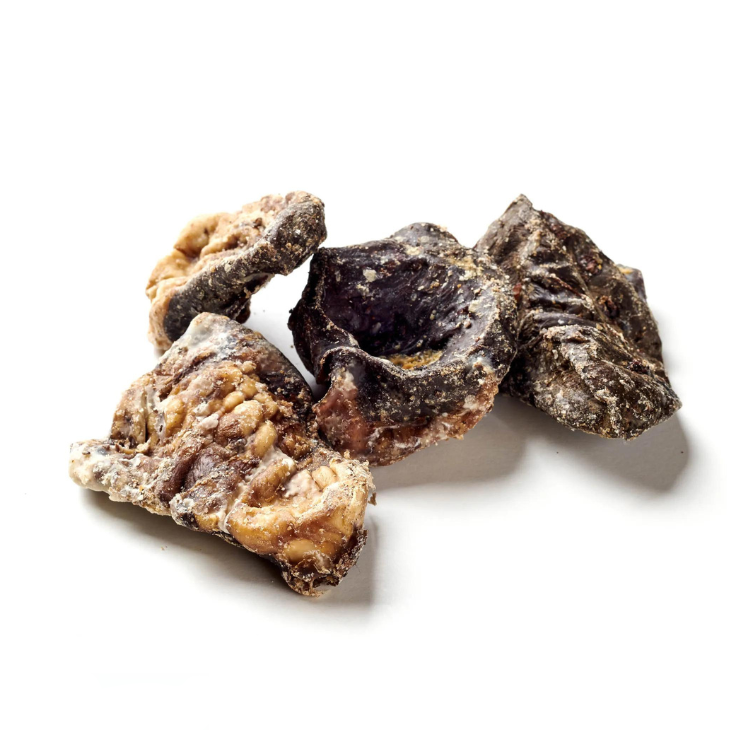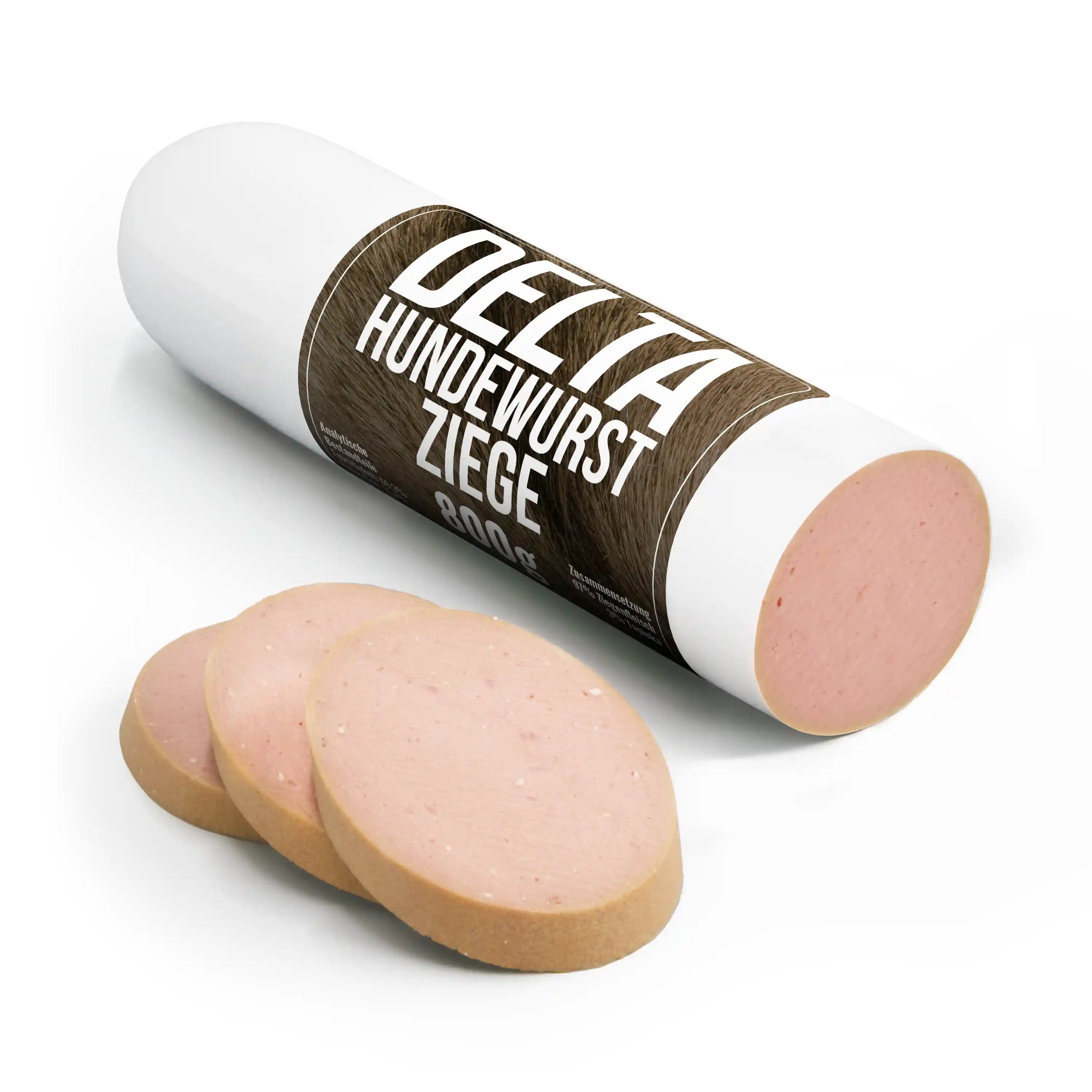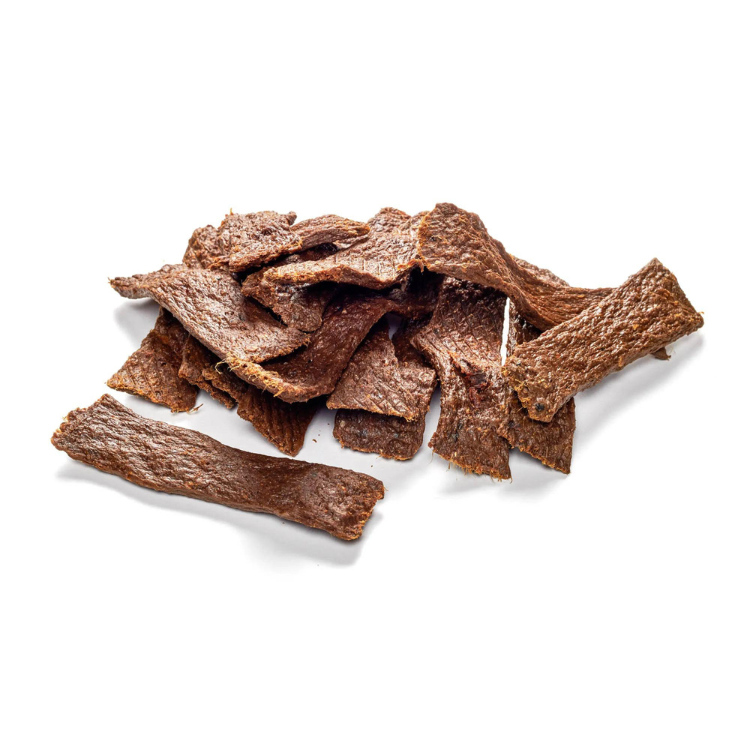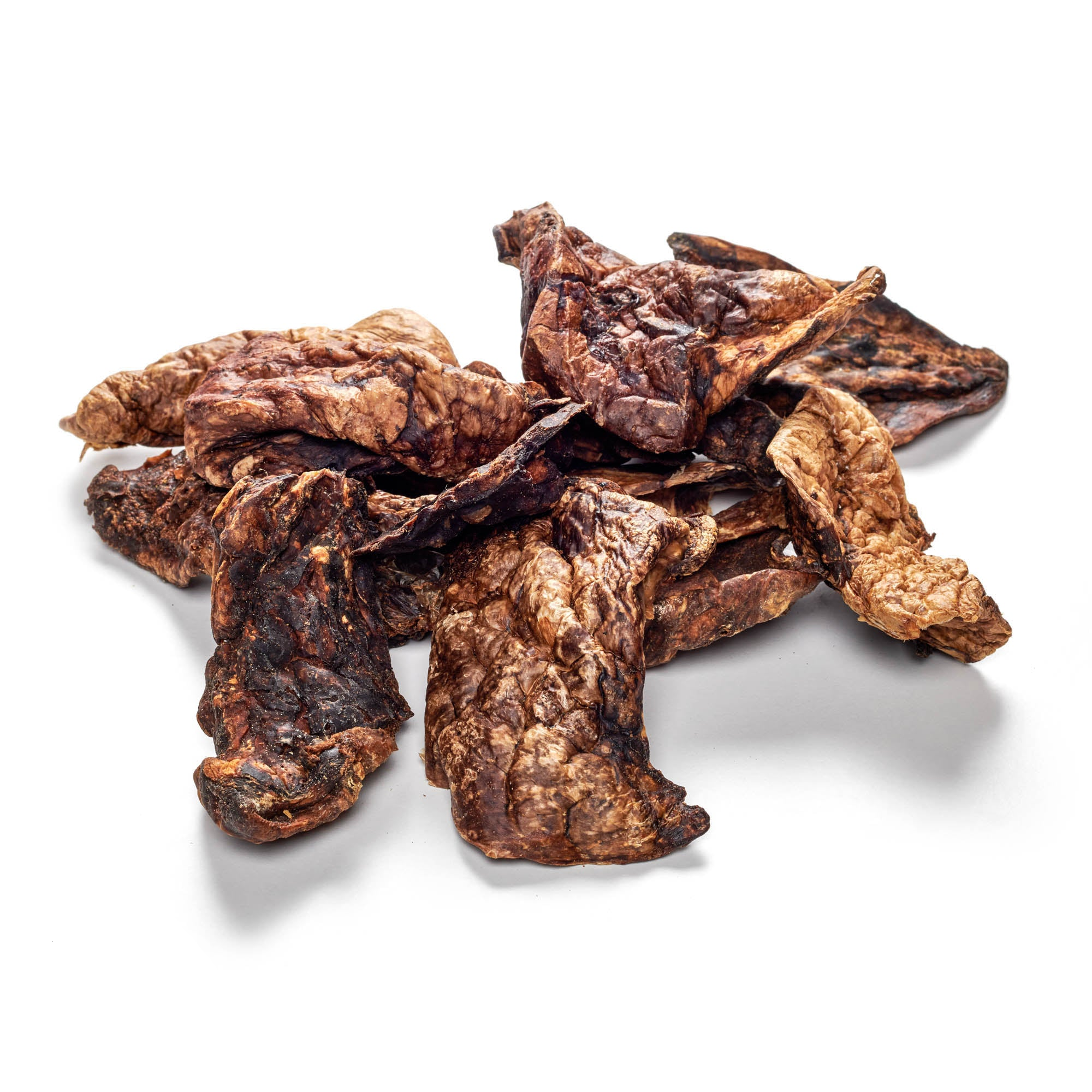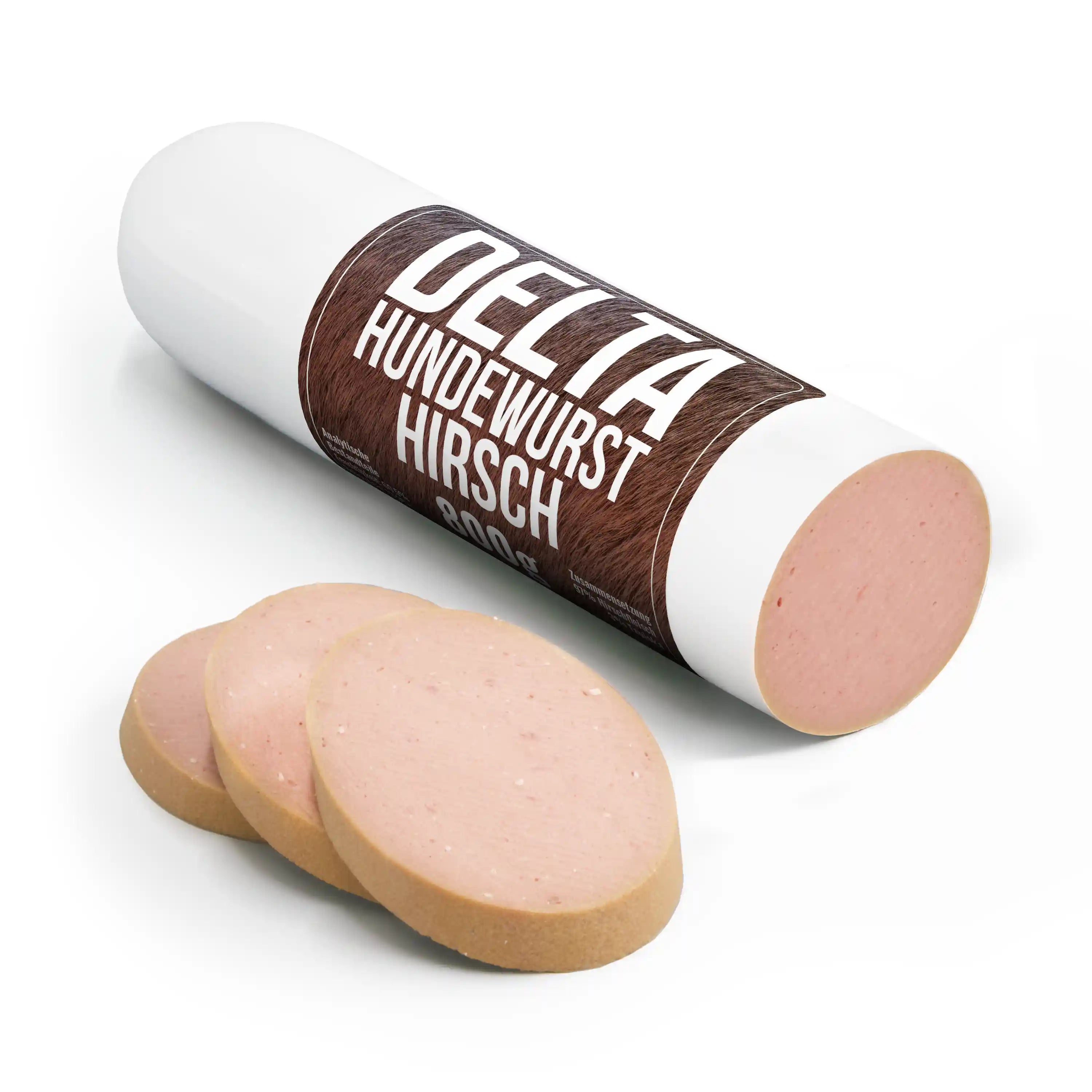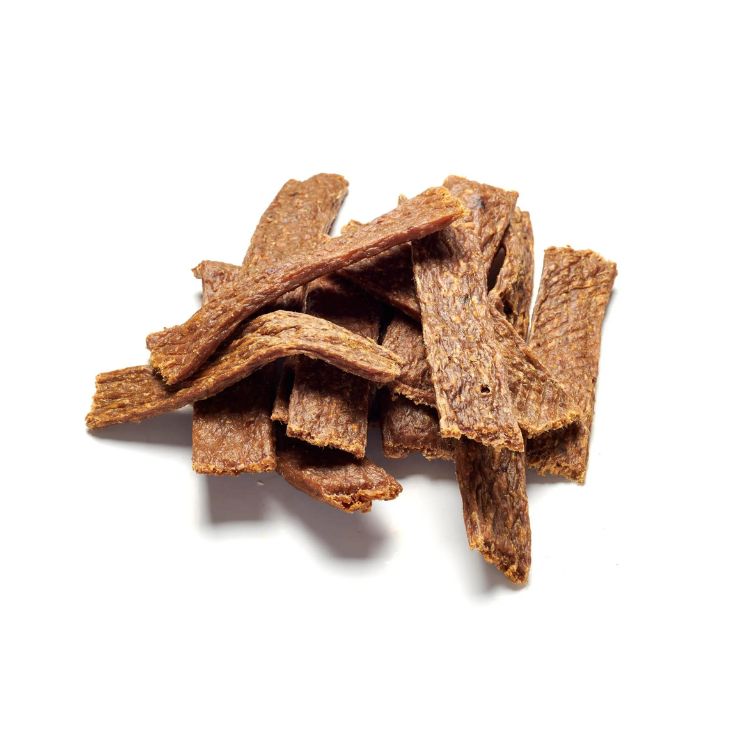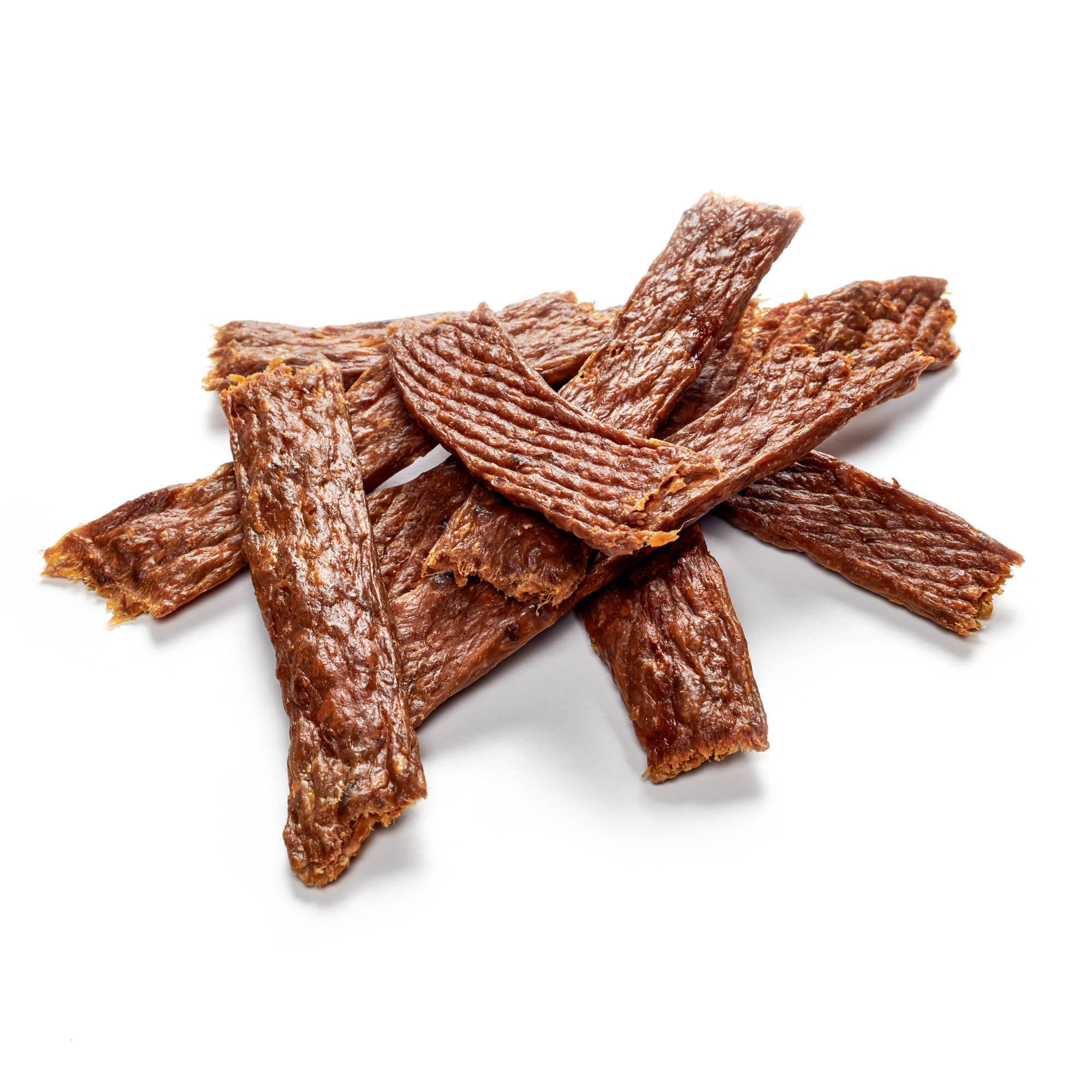
The immune system of dogs
Share
In the mysterious world of dogs, there is a hidden network that is in operation day and night. This invisible protective shield ensures that our furry friends can happily romp through the woods and curiously sniff out their surroundings. While their fur shines and their eyes sparkle with joy, their immune system, a true masterpiece of nature, works in the background to keep diseases at bay and maintain vitality.
Contents: The immune system of dogs
- The dog's immune system - and why it is important
- The anatomy of the immune system
- Factors that influence the immune system
- Seasonal influences on the immune system
- Complementary care products for the immune system
- Conclusion
Our dogs' defenses are like a well-trained army, ready to fight any intruder. From tiny cells that patrol the body like brave soldiers to complex organs that act as command centers - the immune system is a marvel of biology. It is fascinating to see how perfectly coordinated and efficient this system works to ensure the well-being of our beloved four-legged friends.
Dog chews available for happy and satisfied four-legged friends!
The dog's immune system - and why it is important
Sometimes it seems as if our dogs are indestructible - always ready to play, always curious and full of energy. But what happens when this enthusiasm suddenly wanes? Frequent infections, slow wound healing or constant tiredness can be signs that the dog's immune system needs support. A strong immune system is the invisible protective shield that protects the dog from harmful influences day and night.
A sophisticated interaction of various defense mechanisms ensures that the dog remains healthy and vital. Every component of the immune system, from tiny cells to specialized organs, helps to recognize, fight and eliminate pathogens. Only through the harmonious interaction of all these elements can an efficient immune defense be guaranteed.
It is therefore essential to support the dog's immune system through a healthy lifestyle. A balanced diet, regular exercise, mental stimulation and minimizing stress play a central role here. Additional care products such as certain chews and nutritional supplements can also make a positive contribution. Early and continuous care can strengthen the dog's immune system and thus improve its quality of life. A strong immune system is the key to a long, happy and healthy dog life.
The anatomy of the immune system
The dog's immune system is a complex and finely tuned network of cells, tissues and organs that work together to protect the organism from infection and disease. The main components of this defense system include the white blood cells, the lymphatic system and vital organs such as the spleen and lymph nodes.
The role of white blood cells
White blood cells, also known as leukocytes, are essential players in the immune response. These cells circulate in the bloodstream and tissue fluids and are constantly on the lookout for pathogens. As soon as they encounter foreign pathogens such as bacteria, viruses or fungi, various immune reactions are activated. The most important types of white blood cells include:
- Neutrophils: These are the most common white blood cells and play a central role in fighting bacterial infections. They can quickly reach sites of infection and eliminate pathogens through phagocytosis (the entrapment and digestion of microorganisms).
- Lymphocytes: These include T cells, which directly attack infected cells and regulate the activity of other immune cells, and B cells, which are responsible for producing antibodies. These antibodies recognize specific antigens on pathogens and mark them for other immune cells.
- Monocytes: These cells develop into macrophages and dendritic cells that can phagocytose large amounts of pathogens and play a key role in antigen presentation, stimulating the specific immune response.
The lymphatic system: an ingenious network
The dog's lymphatic system is responsible for transporting and filtering lymph fluid, a clear fluid that contains immune cells and collects tissue fluid. It consists of lymph vessels, lymph nodes, and lymphatic organs such as the spleen and thymus. The main functions of the lymphatic system include:
- Transport of immune cells: Lymph fluid flows through the lymphatic vessels and transports immune cells to where they are needed.
- Filtration and immune surveillance: Lymph nodes, which are distributed along the lymphatic system, act as filtering stations and immune surveillance sites. Here, pathogens are detected and neutralized, and immune cells are activated to ensure an effective immune response.
The function of the spleen
The spleen plays a dual role in the dog's immune system. On the one hand, it acts as a filter for the blood by removing old and damaged blood cells from circulation, helping to maintain blood health. On the other hand, the spleen is an important storage site for white blood cells and can release them quickly when an infection is detected. This ability to respond quickly to immune challenges makes the spleen an indispensable organ in the dog's immune defense.
Factors that influence the immune system
A dog's immune system is affected by many different factors that can either support its strength or weaken it. These factors range from diet and exercise to stress and genetics. Each aspect plays a crucial role in how well the immune system can perform its protective functions.
The importance of a balanced diet
A balanced diet is the foundation of a strong immune system. High-quality proteins, vitamins and minerals provide the essential building blocks that the body needs to stay healthy and fight pathogens effectively. Proteins are particularly important because they form the basis for building and repairing tissue and for producing antibodies and other immune cells.
Chews are an excellent addition to daily feeding. They not only provide a tasty snack , but also provide valuable nutrients. A diet rich in omega-3 and omega-6 fatty acids particularly supports immune function and skin health. These fatty acids have an anti-inflammatory effect and promote a healthy skin barrier that prevents the penetration of pathogens.
Vitamins and minerals: Little helpers with a big impact
Vitamins and minerals play a crucial role in the immune system. Vitamin E and vitamin C are powerful antioxidants that protect cells from damage caused by free radicals. These radicals are caused by stress, environmental toxins and normal metabolic processes and can cause cell damage if they are not neutralized. Zinc and selenium are other important micronutrients that support the production and function of immune cells. Supplementing with these micronutrients can therefore be useful to strengthen the immune system.
Exercise and mental stimulation
Regular exercise and mental stimulation are also essential for a strong immune system. Exercise increases blood flow and helps to remove waste products from the body more quickly. It strengthens muscles and improves general fitness, which in turn supports the immune system. An active dog is less susceptible to illness because a body with good blood flow can fight pathogens more effectively.
Interactive games and training sessions stimulate the brain and improve the dog's cognitive abilities. Mental challenges can help reduce stress and increase overall well-being. A dog that is regularly mentally challenged will exhibit fewer stress-related behaviors and have a stronger immune system.
Stress and its effects
Stress can significantly weaken the immune system and make the dog more susceptible to illness. Stress can be triggered by many factors, including environmental changes, loud noises, social conflicts, or health problems. Chronic stress leads to increased production of stress hormones such as cortisol, which can suppress the immune system and promote inflammation in the body.
Rest periods, a safe environment and sufficient attention are important to minimize stress. A stress-free environment contributes significantly to the dog's health. Relaxation methods such as regular petting, quiet walks and creating a safe place to retreat can help to reduce stress levels and strengthen the immune system.
The role of genetic predisposition and epigenetics
Genetics also play a significant role in a dog's immune system. Some dog breeds have naturally stronger immune systems, while others are more susceptible to certain diseases. It is important to know the specific needs of each breed and to respond to them.
Another important factor that can affect a dog's immune system is epigenetics . Epigenetics refers to changes in gene expression that are influenced by environmental factors and lifestyle without changing the DNA sequence itself. These epigenetic changes can be triggered by diet, stress, environmental toxins, and other external influences and have profound effects on the dog's health and immune system.
For example, a poor diet can not only weaken the immediate immune system, but also alter epigenetic markers that affect the dog's long-term health. Likewise, chronic stress can induce epigenetic changes that impair the immune system's ability to respond effectively to pathogens. Understanding epigenetics opens up new possibilities for how targeted nutrition and environmental adjustments can sustainably improve the dog's health.
Environmental factors and seasonal influences
The environment in which a dog lives can also have a significant impact on the immune system. Clean, pollutant-free air and a hygienic environment are important to promote health. Seasonal influences such as extreme temperatures or high humidity can also put a strain on the immune system.
In winter, dogs are often more susceptible to respiratory diseases due to the cold air and dry heat from heating. An additional supply of vitamins and minerals as well as warm, dry sleeping places can help to support the immune system during this time. In summer, protection from heat and parasites, sufficient hydration and shady resting places are crucial to avoid overtaxing the immune system.
Hygiene and regular health checks
Hygiene plays an essential role in strengthening the immune system. Regular grooming and cleaning prevent the buildup of dirt and bacteria that can cause infections. This includes regularly brushing the coat, cleaning the ears and bathing the dog. Keeping food and water bowls clean is also crucial.
Regular veterinary examinations are important to monitor the dog's general health and to be able to react to potential problems at an early stage. Vaccinations and parasite prophylaxis should not be neglected in order to provide additional support to the immune system and protect the dog from dangerous diseases.
Delicious dog snacks for pure enjoyment are available from us!
Seasonal influences on the immune system
The dog's immune system can be significantly affected by seasonal changes. Cold, heat and humidity have different effects on the dog's health and pose different challenges to the immune system.
Winter: Strengthening for the cold season
In winter, the immune system is often particularly challenged. The cold and wet can weaken the body's defenses, as the body needs more energy to keep warm. Adequate protection from the elements is therefore essential. Warm and dry places to sleep, protective clothing in extreme temperatures and a balanced diet rich in vitamins and minerals help to strengthen the immune system. Vitamin D in particular, which is produced by sunlight, can become scarce in winter, so an adequate supply through diet or supplements is important.
Summer: Protection from heat and parasites
In summer, heat and parasites are the biggest challenges. High temperatures can lead to overheating, while parasites such as ticks and fleas are active and can transmit diseases. Adequate hydration is essential to keep the immune system strong. Fresh, cool water should always be available. Cool resting places and shady areas are also important to cool your dog down and prevent overheating. Protection against parasites through appropriate preparations and regular checks are necessary to minimize the risk of infections.
Autumn and spring: time of change
The dog's immune system is also particularly challenged in autumn and spring, the typical transition periods. Changes in the weather and seasonal allergies in dogs can put a strain on the immune system. During these times, it is important to support the immune system with a balanced diet that provides all the necessary nutrients. In addition, regular health checks at the vet are advisable in order to be able to react to possible health problems at an early stage. Allergies can be exacerbated by pollen or other seasonal triggers, so symptoms such as itching or breathing problems should be observed and treated if necessary.
Practical tips to support the immune system in every season
Regardless of the season, there are some general measures that can support the dog's immune system. These include a balanced diet, regular exercise and mental stimulation, and a stress-free environment. Clean, pollutant-free air and a hygienic environment also contribute to health. Regular visits to the vet to monitor health and to administer necessary vaccinations and parasite prophylaxis are crucial to optimally support the immune system.
Complementary care products for the immune system
There are a variety of care products that can support a dog's immune system. Supplementary foods and special care products help to promote the dog's health and strengthen its defenses.
Chews: Natural support for the immune system
Chews are not only a tasty treat for your dog, but also a valuable addition to their daily diet that can strengthen the immune system. They promote dental health and provide natural nutrients. Here are some examples of chews that can support the immune system:
- Beef ears : These are rich in protein, which is essential for the formation of immune cells and antibodies. In addition, due to their solid structure, beef ears help reduce plaque and tartar, which reduces the risk of gum disease and related infections.
- Tripe : As a natural source of probiotics, tripe supports your dog's gut health. A healthy gut is crucial for a strong immune system, as much of the immune activity takes place in the gut. The probiotic bacteria contained in tripe promote a balanced gut flora, which in turn strengthens immunity.
- Chicken necks : These provide a good source of calcium and phosphorus, two minerals that are essential for bone health. In addition, chicken necks contain valuable proteins and their crunchy texture helps with natural tooth cleaning.
- Lamb Strops : These are a low-fat option that is rich in protein and essential fatty acids. The fatty acids are important for cellular health and can reduce inflammatory responses in the body, which contributes to overall immune strengthening.
- Rabbit Ears with Fur : They aid digestion through their fiber components, which serve as a natural source of dietary fiber. Fiber is important for maintaining healthy intestinal function, which in turn is crucial for a strong immune system.
By incorporating these chews into your dog's diet, you can naturally help strengthen his immune system while promoting his dental health and keeping him happy.
Supplementary feed: Little helpers for big impact
Supplementary feed can be used specifically to strengthen the immune system. Products with immune-boosting ingredients offer valuable support. Products with echinacea, propolis or spirulina are known for their immune-boosting properties and can be a useful addition to the daily diet.
Care products for skin and coat
Skin and fur are important barriers against pathogens. Care products that promote skin health and care for the fur also indirectly contribute to strengthening the immune system. Regular brushing and the use of high-quality shampoos are beneficial here:
- High-quality shampoos: Care for the skin, prevent dryness and itching.
- Coat oils: Rich in omega-3 and omega-6 fatty acids, promote healthy skin and shiny coat.
- Paw balm: Protects and cares for the sensitive skin of the paws, especially in extreme weather conditions.
- Ear cleaners: Prevent infections by cleaning the ears regularly.
Regular care and the right choice of supplementary products can make a significant contribution to the health and well-being of the dog. A strong immune system is the basis for a long, happy and healthy dog life.
Conclusion
Our dogs rely on us, without knowing it, to support their invisible protective army - their immune system. Like in a well-rehearsed orchestra, each component plays its role to ward off disease and stay vital. The right mix of healthy nutrition, regular exercise and loving care strengthens these defenses.
The seasonal challenges require adapted care, whether it is protection from the cold in winter or defense against parasites in summer. Complementary care products can help support the immune system and promote health.
Ultimately, it is the small, everyday measures and loving care that keep our dogs' immune systems strong. By recognizing their needs and responding to them, we give them a long, happy and healthy life. A strong immune system is the key to this - and our love and care is the way to get there.
Discover the range of dog snacks in our store!

